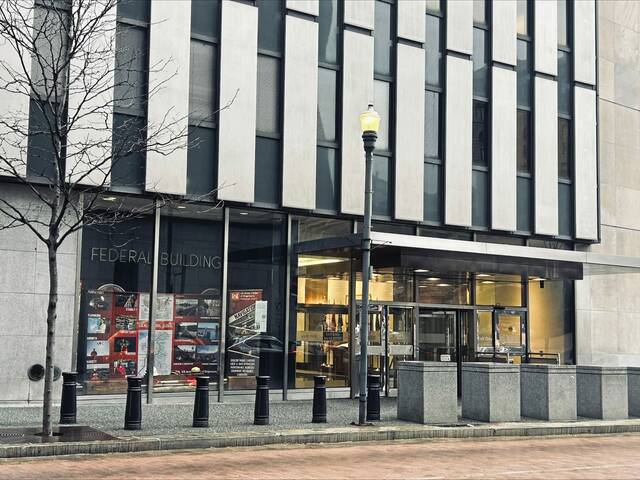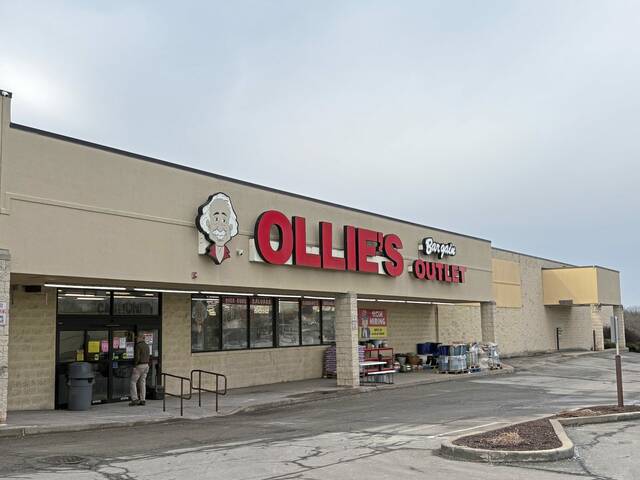Editor’s note: This is an occasional series examining how the coronavirus pandemic has affected the lives of members of our community.
Ashley Luzader knows the toll the covid-19 pandemic has taken on local families.
She sees it every week as people line up to receive food at the Salvation Army’s outreach center along East Otterman Street in Greensburg.
“Everyone has a time in their life when they struggle,” Luzader said. “With the pandemic, people losing their jobs, you have to pick, do I buy medicine or do I buy food? If we can provide a meal twice a week … and we can kind of help a little, it just makes us feel very grateful that we’re able to help our community and individuals in this area who are in need.”
As commanding officer and pastor at the Greensburg Salvation Army, Luzader helps to collect food donations, prepare warm meals and serve them to those in need. The importance of that role has been amplified since covid-19 spread across the region, shuttering businesses and leaving thousands of people unemployed.
Local food banks have doubled their efforts to provide meals to those in need as unemployment rates reached record highs. A 2020 report from Feeding America suggests the pandemic led 50 million people across the nation to be impacted by hunger last year, including 17 million children.
The Salvation Army served 155 million meals nationwide between March and September. Like food banks across the region, officials at the Greensburg facility are taking precautions, such as closing an indoor space where people used to eat. Meals are served to go, with people lining up outside to be served rather in the building.
At the Greensburg Salvation Army, up to 30 people show up to the soup kitchen every Monday and Friday, where they receive bread, pastries and a warm meal. In a normal year, that number typically hovers around 80 people, Luzader said.
Patrons of the soup kitchen in a normal year are older and might be staying home due to health concerns. Most of those showing up now are new faces, she said.
“I don’t know if that’s because we’re outside and they just happen to be walking by and they see us, or if word of mouth they’re hearing about us and seeking us out to get that warm meal each time that we’re out there,” Luzader said. “Not really sure what, but we’re happy to be here and able to help anyone who wants to come out and get a lunch.”
The soup kitchen is not the only aspect of her job that has changed since the pandemic began. Church services were largely upended throughout most of last year, forcing her to get creative in how she preaches to her congregants each Sunday. At one point, she streamed services via Facebook Live.
Now, people are able to attend services in-person, but the facility is not at full capacity and seats are taped off for social distancing. Those who attend are required to wear face masks, and cannot hug or shake hands.
A junior church event that takes place after the regular service is held on a smaller scale now that fewer children are attending. Many participants would have been normally been picked up by the Salvation Army van, but it is not operating due to the inability to social distance. A small event is put together each Sunday for children whose parents are able to bring them to there.
Despite the changes of the last year, Luzader knows the importance of the Salvation Army in the community, especially during the pandemic.
“We’re here if people find themselves in need,” she said.








